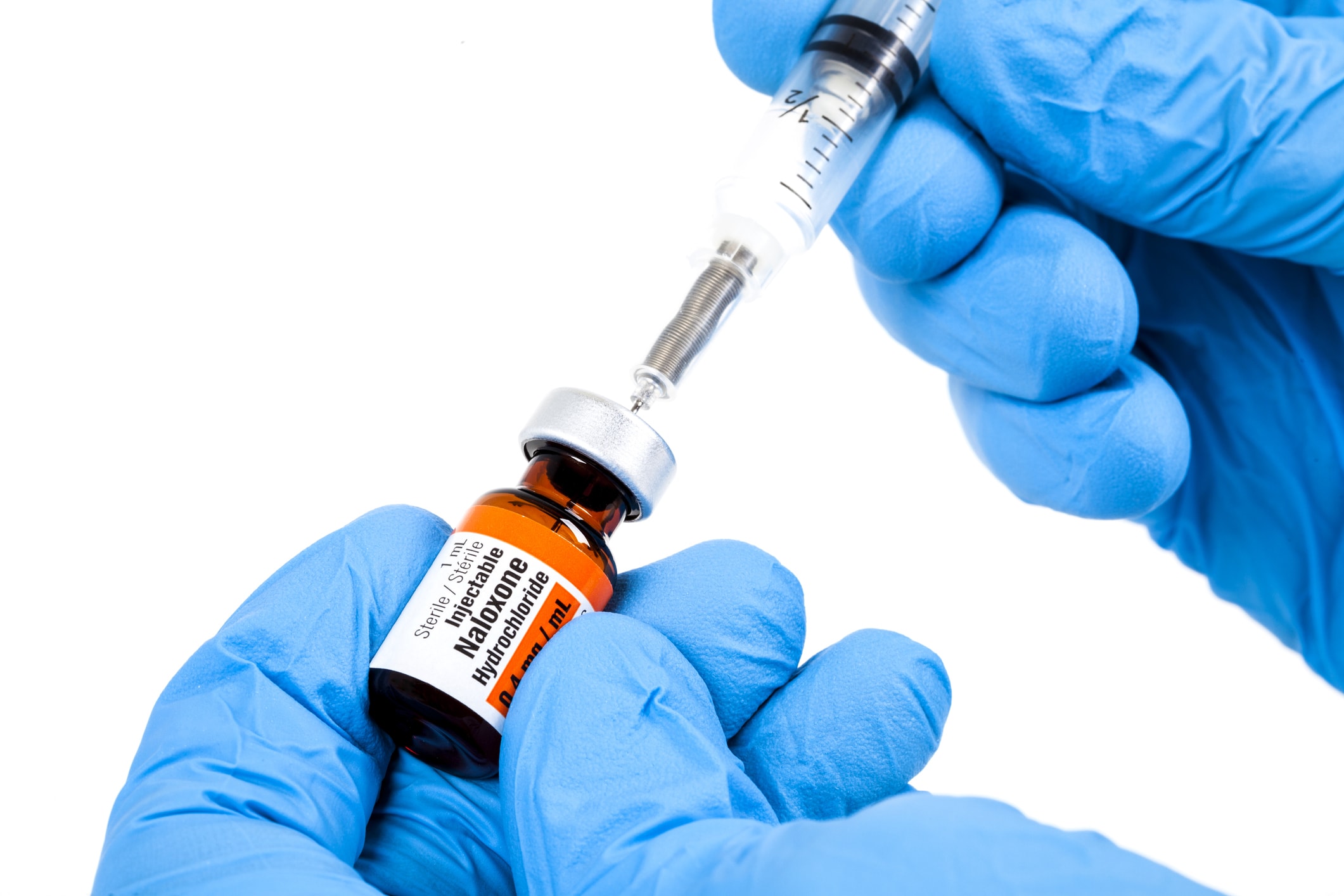Grant Funds Interprofessional Training to Combat Opioid Overdose
| Researchers from the Colleges of Nursing, Pharmacy and Health Professions’ Physician Assistant program are combining efforts to battle the opioid epidemic through overdose education.
Faculty from all three colleges, with $2,462 grant funding from the Office of Educational Development, are working to develop, implement and evaluate a curriculum focused on administration of naloxone, which is used to reverse the effects of an opioid overdose.
“The increases in opioid overdose rates nationally, and in Arkansas in particular, over the past two decades have been staggering,” said Elizabeth Riley, DNP, a clinical assistant professor in the College of Nursing and one of the grant’s principle investigators. “And it’s important to understand, overdose is not always the result of misuse or abuse. It happens with prescription medication as well, and naloxone can save those lives.”
Naloxone hydrochloride is an opioid antagonist that has been proven to be successful in reversing the effects of an opioid overdose.
The grant-funded program will train students likely to encounter the effects of opioid overdose on the proper administration of naloxone and test students’ confidence and ability, both before and after that education, to evaluate the curriculum’s effectiveness.
Other investigators include: Leah Richardson, Ph.D., MSN, RN, Stephanie Trotter, Ph.D., RN, Rochelle McFerguson, MNSc., RN, Nicole Ward Ph.D., APRN, and Kimberly Stickley, DNP, APRN, of the College of Nursing; Lindsey Dayer, Pharm.D., of the College of Pharmacy; and Amber Teigen, MMSc., and Tiffany Huitt, Ph.D., of the College of Health Professions.
“The purpose of this project is to implement and assess the effect of an interprofessional overdose management training on nursing, pharmacy and physician assistant student knowledge and confidence levels to administer naloxone medication,” the investigators said.
“Studies show that effective treatment of opioid overdoses involves appropriate knowledge, confidence for implementation of interventions, and communication and collaboration of the interprofessional team. The proposed study will expand the known benefits of an interprofessional naloxone administration training with a strong potential to be replicated as a course enhancement for all health care disciplines at UAMS.”
